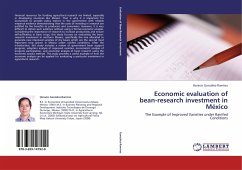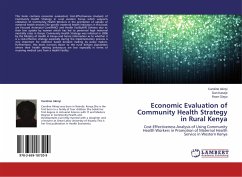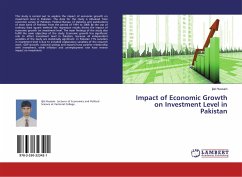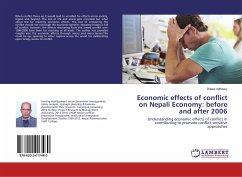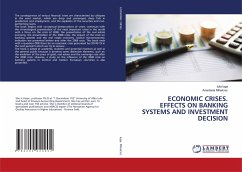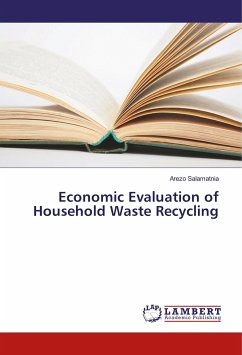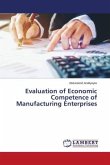Financial resources for funding agricultural research are limited, especially in developing countries like Mexico. That is why it is important for economists to provide policy makers in the government with reliable empirical evidence demonstrating that the costs of investing in research are justified by the benefits to producers and consumers. However, it is very difficult to obtain such evidence without using a formal economic analysis. Considering the importance of research to increase productivity and ensure self-sufficiency in basic crops, this study focuses on evaluating the bean-research investment in northern Mexico, specifically the one allocated to generate new improved varieties of dry beans which are the second most important crop grown in Mexico under rainfed conditions. After the introduction, this study includes a review of government bean support program, adoption analysis of improved varieties, econometric analysis of program participation, and economic analysis of bean research using the economic surplus method. This study provides a useful example of how the economic analysis can be applied for evaluating a particular investment in agricultural research.
